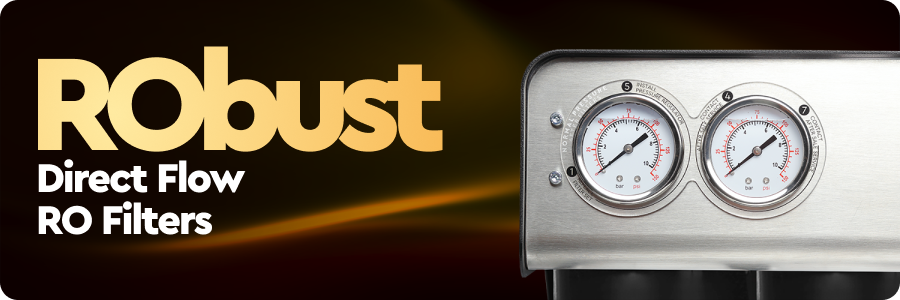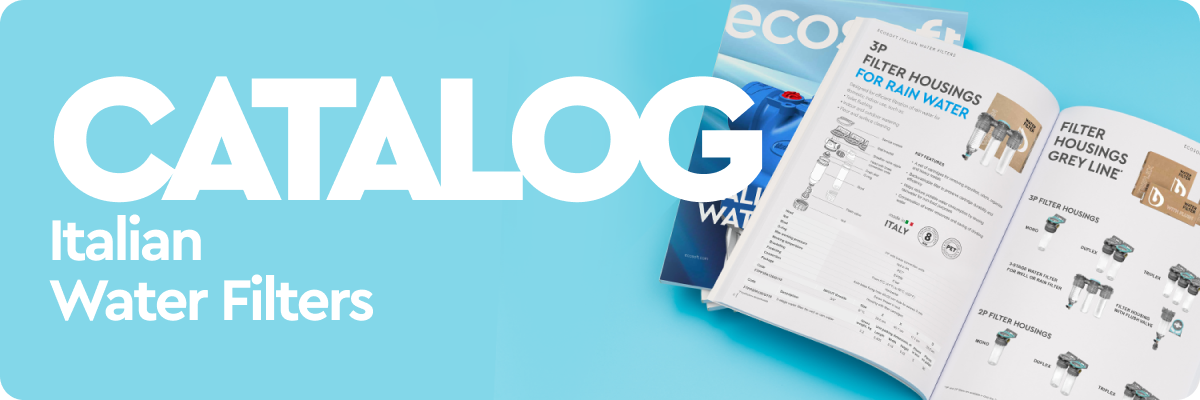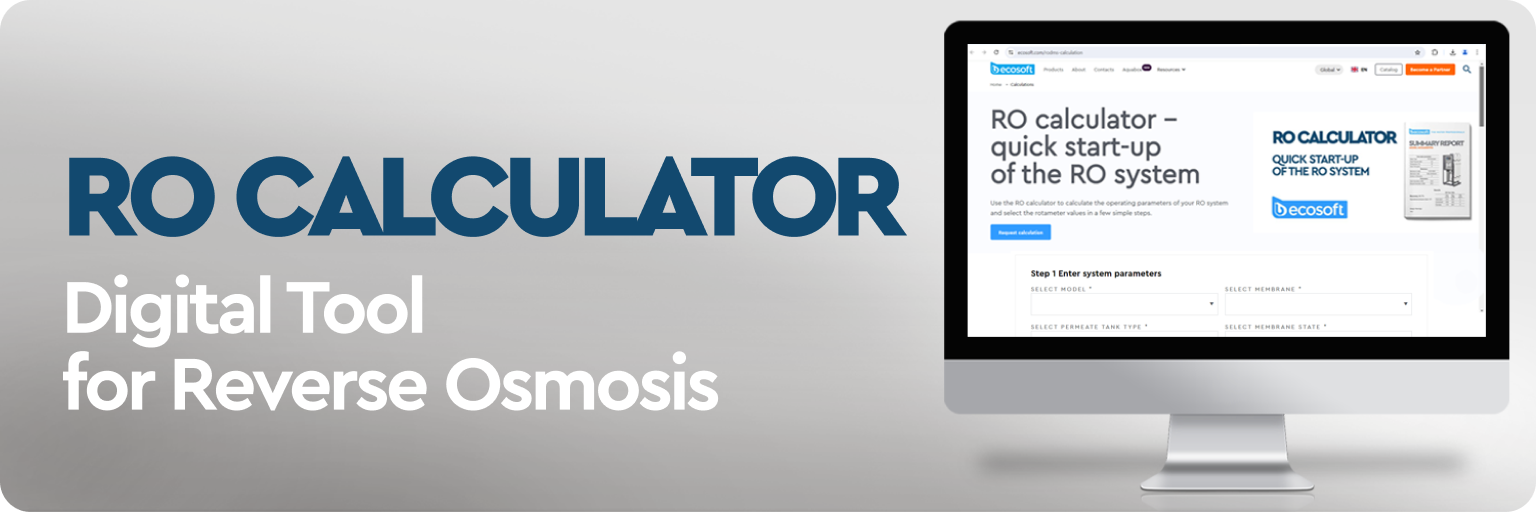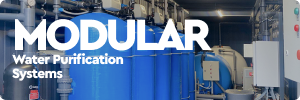Water quality is a crucial aspect of our daily lives, as it directly impacts our health and the functionality of our household systems. One important parameter to consider is water hardness. Hard water, characterized by high levels of calcium and magnesium, can have significant implications for various applications. In this article, we will explore the concept of water hardness, the reasons for measuring it, the methods used for measurement, the negative effects of hard water, and possible solutions for softening water.
What is Water Hardness?
Water hardness refers to the concentration of dissolved minerals, primarily calcium and magnesium, in water. These minerals are acquired as water percolates through rocks and soil, dissolving and accumulating various substances along the way. The hardness of water is typically categorized as either temporary or permanent. Temporary hardness is caused by the presence of bicarbonates of calcium and magnesium, which can be removed by boiling the water. Permanent hardness, on the other hand, is caused by the presence of non-carbonate minerals and cannot be removed through boiling.
Why Measure Water Hardness?
Measuring water hardness is essential for various reasons. Firstly, it helps determine the quality of water for specific applications. For example, water hardness is a critical factor in determining the suitability of water for industrial processes, such as manufacturing, brewing, and agriculture. Additionally, measuring water hardness provides valuable information for homeowners to assess potential issues related to plumbing, appliance efficiency, and personal care.
How is Water Hardness Measured?
Water hardness is measured in terms of the concentration of calcium carbonate equivalents, expressed as milligrams per liter (mg/L) or parts per million (ppm). The most common method for measuring water hardness is the titration test. This test involves adding a soap solution to a water sample until a lather is formed. The amount of soap required to form the lather indicates the hardness of the water. Another method involves using test strips or electronic meters specifically designed to measure water hardness.
Negative Effects of Water Hardness:
Hard water can have several negative effects. One notable issue is the formation of scale or mineral deposits in plumbing pipes, water heaters, and appliances. Scale buildup can reduce the efficiency and lifespan of these systems, leading to increased energy consumption and potential damage. Moreover, hard water can interfere with the effectiveness of soaps and detergents, reducing lathering and cleaning capabilities. This can result in the need for increased detergent usage and subpar cleaning results. Additionally, hard water can affect the quality of personal care, leaving a residue on the skin and hair, causing dryness and irritation.
How Does Water Hardness Affect Water Quality?
Water hardness leads to the formation of scale or mineral deposits in plumbing systems and household appliances, reducing the irefficiency and longevity. Moreover, hard water diminishes the effectiveness of soaps and detergents, resulting in less satisfactory cleaning outcomes and potentially increased detergent usage. Beyond household concerns, hard water residues on skin and hair can cause dryness and irritation, affecting personal care routines.
How to Soften Water?
To soften hard water, several methods are available:
- Ion Exchange Water Softeners: This method involves the use of a water softener system, such as the Ecosoft HRC RobustMini, which exchanges calcium and magnesium ions with sodium ions through a process called ion exchange. This effectively reduces the hardness of the water and prevents scale buildup.
- Reverse Osmosis Systems: Reverse osmosis (RO) systems, such as the Ecosoft MO12000, use a semi-permeable membrane to remove dissolved minerals and impurities from water. This process results in soft and purified water suitable for various applications.
- Chemical Water Softening: Chemicals such as lime or sodium carbonate can be added to hard water to precipitate calcium and magnesium ions, reducing water hardness. However, this method may not be suitable for all applications and requires careful monitoring to prevent over-treatment.
- Whole-House Filtration: Installing a whole-house water filtration system, like the Ecosoft Aquapoint Standard Whole-House Filter on Metal Rack, can effectively remove mineral content and impurities, providing softened water for the entire household.
The importance of hardness of water manifests in its significant influence on various aspects of our daily lives. Monitoring and managing water hardness levels are crucial to ensure the efficient functioning of plumbing systems, appliances, and personal care routines. By employing methods such as ion exchange water softeners, reverse osmosis systems, chemical water softening, or whole-house filtration, it is possible to mitigate the negative effects of hard water and enjoy the benefits of soft, high-quality water throughout the home.
PREGUNTAS FRECUENTES
¿Qué es la dureza del agua?
La dureza del agua se refiere a la concentración de minerales, especialmente iones de calcio y magnesio, en el agua. Es una medida de la capacidad del agua para formar espuma con el jabón. El agua dura contiene altos niveles de estos minerales, mientras que el agua blanda tiene concentraciones más bajas. La dureza del agua es un parámetro importante de la calidad del agua que puede tener diversos efectos en los sistemas de fontanería, los electrodomésticos y las actividades cotidianas.
¿Cómo se mide la dureza del agua?
La dureza del agua suele medirse en unidades de miligramos por litro (mg/L) o partes por millón (ppm) de carbonato cálcico (CaCO₃). Esta medida se conoce como dureza total. Puede determinarse mediante análisis de laboratorio o utilizando kits de prueba que proporcionan resultados instantáneos. El nivel de dureza suele clasificarse en blando (menos de 60 mg/L), moderadamente duro (60-120 mg/L), duro (120-180 mg/L) o muy duro (más de 180 mg/L).
¿Cuáles son los efectos del agua dura?
El agua dura puede tener varios efectos en la vida cotidiana. Puede provocar la formación de depósitos calcáreos en accesorios, electrodomésticos y sistemas de fontanería, reduciendo su eficacia y vida útil. El agua dura también puede interferir en la capacidad de formación de espuma de jabones y detergentes, por lo que se necesitan mayores cantidades para conseguir el efecto de limpieza deseado. Además, el agua dura puede dejar manchas y rayas en la vajilla y cristalería cuando se secan, afectando a su aspecto.
¿Puede tratarse la dureza del agua?
Sí, la dureza del agua puede tratarse para reducir sus efectos. El ablandamiento del agua es un método habitual para eliminar los iones de calcio y magnesio del agua. Consiste en utilizar resinas de intercambio iónico o ablandadores de agua a base de sales que sustituyen los iones de calcio y magnesio por iones de sodio. También se utilizan otros métodos, como la ósmosis inversa y el ablandamiento por cal, para tratar la dureza del agua. La elección del tratamiento depende del nivel específico de dureza, del presupuesto y de otros factores.


.jpg)
.png)


.png)


.png)
.png)
.png)
.png)











